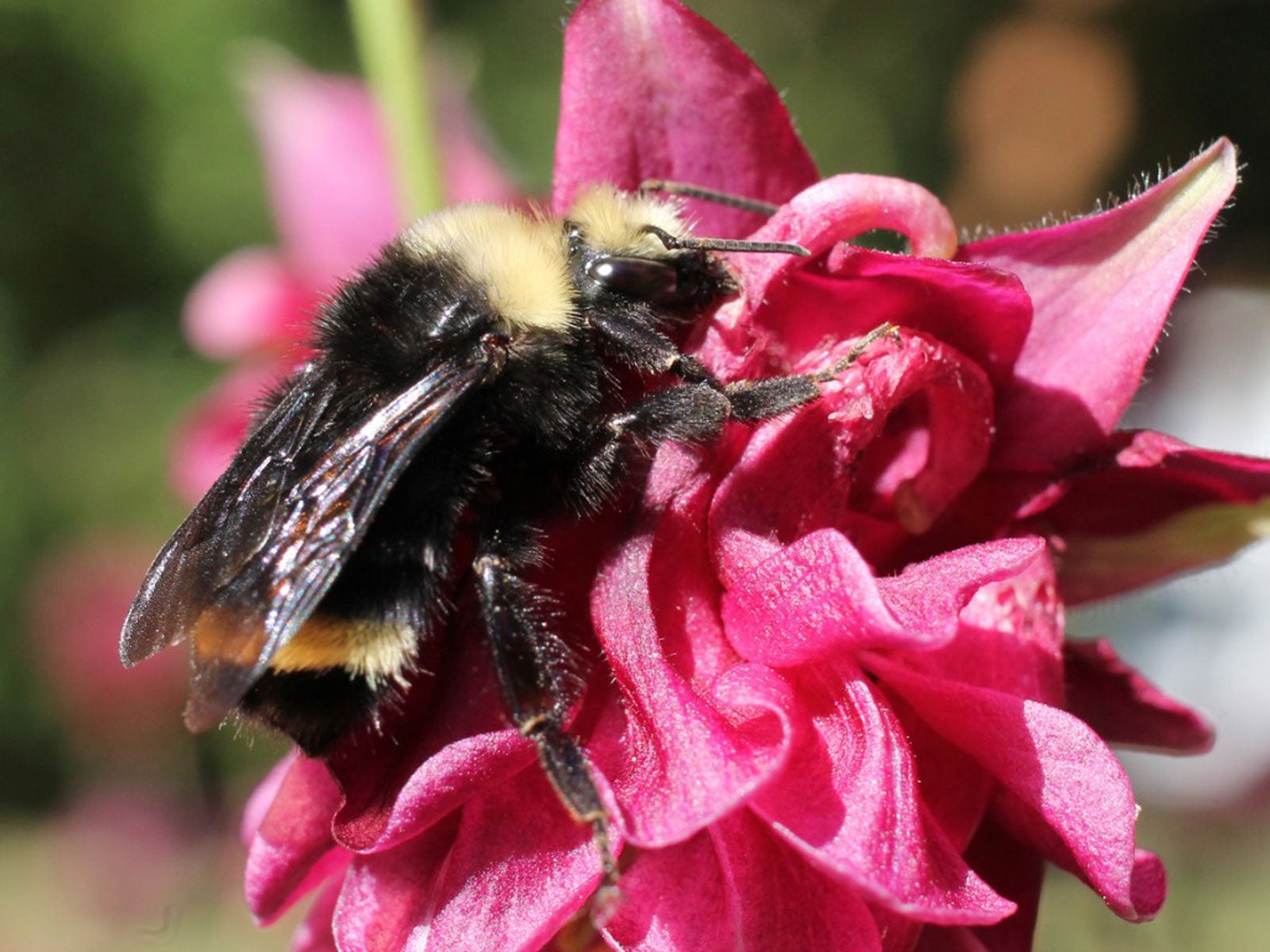Attracting Pollinating Insects: Native Pollinators In Upper Midwest States


Sign up for the Gardening Know How newsletter today and receive a free copy of our e-book "How to Grow Delicious Tomatoes".
You are now subscribed
Your newsletter sign-up was successful
Pollinators in east-north-central states of the upper Midwest are an essential part of the native ecosystem. Bees, butterflies, hummingbirds, ants, wasps, and even flies help carry pollen from plant to plant.
Many would not exist without these pollinators. For gardeners, whether you grow fruits and vegetables or you just want to support the local ecosystem, it’s important to use native plants to attract and keep pollinators.
What are the Native Pollinators in Upper Midwest States?
Bees are some of the most important pollinators anywhere including Minnesota, Wisconsin, Michigan, and Iowa. Some of the native bees in the region include:
- Cellophane bees
- Yellow faced bees
- Mining bees
- Sweat bees
- Mason bees
- Leafcutter bees
- Digger bees
- Carpenter bees
- Bumblebees
While all bees are important for most food growing, there are other animals and insects native to the area that pollinate plants too. These include pollinating insects like ants, wasps, beetles, moths, and butterflies as well as hummingbirds and bats.
Growing Native Gardens for Pollinators
Upper Midwest pollinators are most drawn to the native plants of the region. These are the flowering plants they evolved to feed on and pollinate. By including them in your yard, you can help some of the struggling species by providing much-needed food. As a bonus, native gardens require fewer resources and less time for maintenance.
Plan your garden to include many of these native upper Midwest plants and you’ll have a healthier local environment that supports native pollinators:
- Wild geranium
- False indigo
- Serviceberry
- Pussy willow
- Joe-pye weed
- Milkweed
- Catmint
- Blueberry
- Purple coneflower
- Swamp rose
- Prairie blazing star
- Stiff goldenrod
- Smooth blue aster
Sign up for the Gardening Know How newsletter today and receive a free copy of our e-book "How to Grow Delicious Tomatoes".

Mary Ellen Ellis has been gardening for over 20 years. With degrees in Chemistry and Biology, Mary Ellen's specialties are flowers, native plants, and herbs.